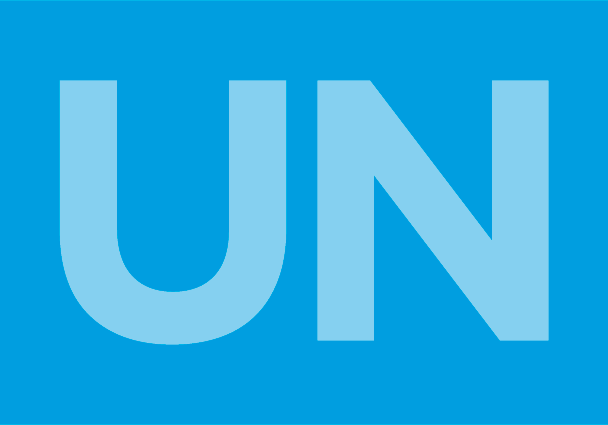
Apr 13, 2012 | Advocacy, Non-legal submissions
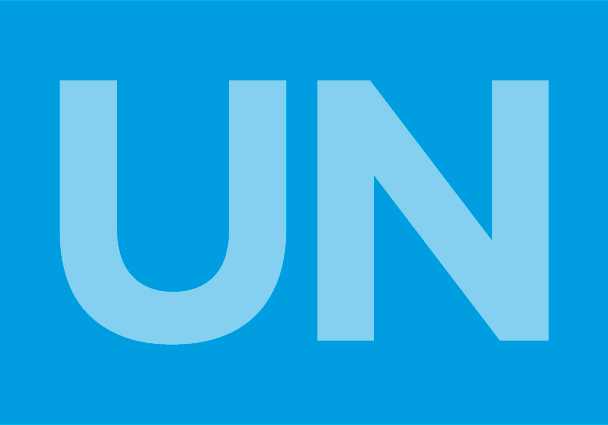 Under the second cycle of the Universal Periodic Review (UPR) mechanism, the UN Human Rights Council Working Group on the UPR will be undertaking a review of the Republic of Korea during its 14th session.
Under the second cycle of the Universal Periodic Review (UPR) mechanism, the UN Human Rights Council Working Group on the UPR will be undertaking a review of the Republic of Korea during its 14th session.
In a submission to the Working Group, the ICJ has focused on the discrete issues of the implementation by South Korea of its obligations under the Convention on the Rights of the Child, and its party status to international human rights instruments and its cooperation with the UN treaty bodies and the Council’s Special Procedures.
Korea-ICJ submission UPR-non-judicial submission-2012 (full text in English, PDF)
Korea-Comparison second cycle-advocacy-2012 (full text in English, PDF)
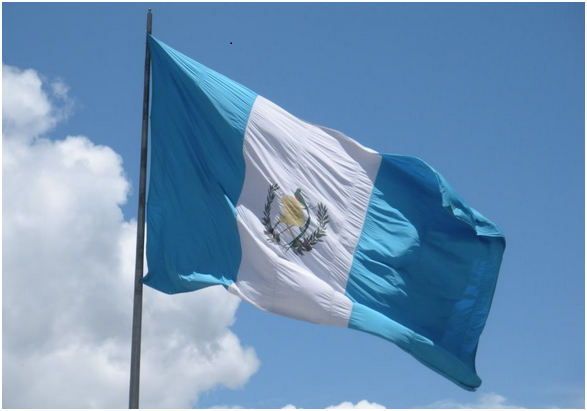
Apr 11, 2012 | Advocacy, Non-legal submissions
 Under the second cycle of the Universal Periodic Review (UPR) mechanism, the UN Human Rights Council Working Group on the UPR will be undertaking a review of Guatemala during its 14th session.
Under the second cycle of the Universal Periodic Review (UPR) mechanism, the UN Human Rights Council Working Group on the UPR will be undertaking a review of Guatemala during its 14th session.
In a submission to the Working Group, the International Commission of Jurists has focused on the discrete issues of:
- lack of independence of the judiciary;
- impunity for gross human rights violations committed during the armed conflict;
- lack of access to justice for indigenous people and impunity for human rights violations against them;
- abolition of the death penalty; and
- Guatemala’s party status to international human rights instruments and its cooperation with the UN treaty bodies and the Council’s Special Procedures.
Guatemala-ICJ submission UPR-non-judicial submission-2012 (full text in English, PDF)
Guatemala-Comparison second cycle-advocacy-2012 (full text in English, PDF)
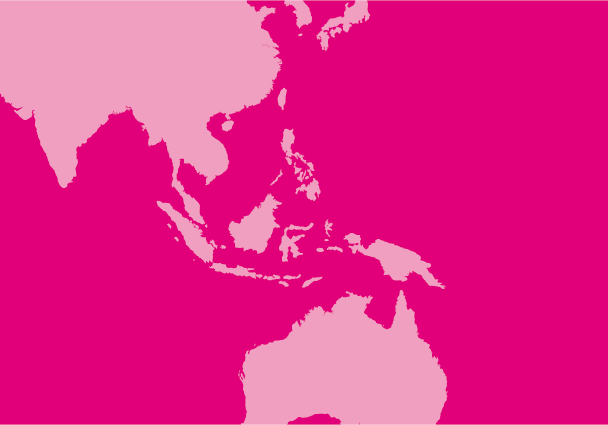
Mar 29, 2012 | Advocacy, Non-legal submissions
The ICJ, AI and HRW express their concern that the human rights situation in Nepal remains precarious and that accountability for wartime abuses is being put further and further out of reach.
During the Human Rights Council’s 19th session in Geneva, on 27 February to 23 March 2012, the ICJ – in a joint statement with Amnesty International (AI) and Human Rights Watch (HRW) – made an oral statement in the General Debate under item 2 of the Council agenda (concerning reports of the Office of the High Commissioner of Human Rights – OHCHR). On the even of the departure of the OHCHR from Nepal, the ICJ, AI and HRW expressed their concern that the human rights situation in Nepal remains precarious and that accountability for wartime abuses is being put further and further out of reach.
Nepal-joint statement Human Rights Council-non-legal submission-2012 (full text in English, PDF)
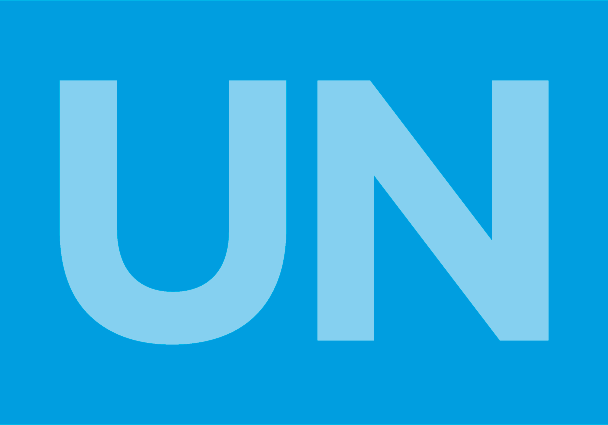
Mar 29, 2012 | Advocacy, Non-legal submissions
The ICJ made a written statement on Nepal to the Human Rights Council during its 19th session in Geneva.
More than five years since the end of the armed conflict in Nepal, international monitoring mechanisms established to scrutinise progress in the peace process in the country have effectively ceased to function, despite the failure to conclude the peace process and establish the agreed-upon transitional justice mechanisms.
The ICJ statement focuses on amnesty provisions in transitional justice legislation; proposed pardons, and the appointment of alleged rights violator to Government; and lack of investigations and withdrawal of cases.
Nepal-Written statement ICJ-non-judicial submission-2012 (full text in English, PDF)
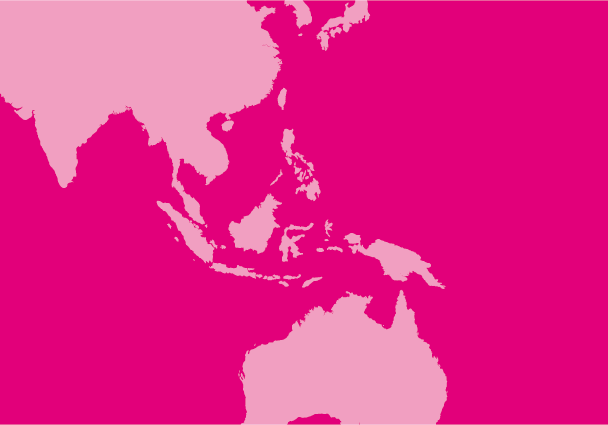
Mar 29, 2012 | Advocacy, Non-legal submissions
The ICJ made a written statement on national commissions of inquiry in South Asia at the Human Rights Council’s 19th session.Although national commissions of inquiry can contribute towards States’ fulfilment of their international human rights obligations when established in line with international standards and best practices, they are all too often found wanting and frequently designed to continue a culture of impunity for serious human rights violations and to weaken the rule of law.
In a written statement to the Human Rights Council during its 19th session in Geneva, the ICJ raised the issue of the relationship between national commissions of inquiry in South Asia with the criminal justice system, and the question of political will and adherence to international standards.
Written statement ICJ-non-judicial submission-2012 (full text in English, PDF)
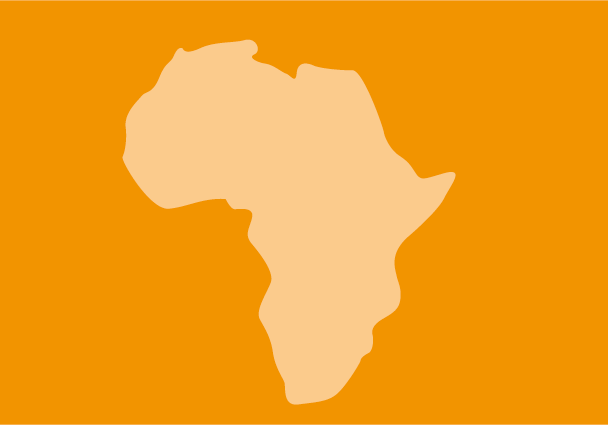
Feb 8, 2012 | Advocacy, Non-legal submissions
La Commission internationale de juristes (CIJ) exhorte les autorités de Djibouti à mettre fin immédiatement aux persécutions dont sont victimes acteurs judiciaires et défenseurs des droits humains dans le pays. Elle leur rappelle aussi leur obligation légale de protéger les défenseurs des droits de l’homme et de garantir l’indépendance des juges et de la magistrature.

 Under the second cycle of the Universal Periodic Review (UPR) mechanism, the UN Human Rights Council Working Group on the UPR will be undertaking a review of the Republic of Korea during its 14th session.
Under the second cycle of the Universal Periodic Review (UPR) mechanism, the UN Human Rights Council Working Group on the UPR will be undertaking a review of the Republic of Korea during its 14th session.








